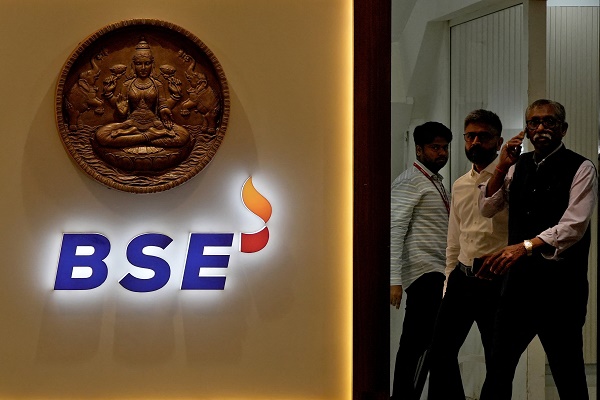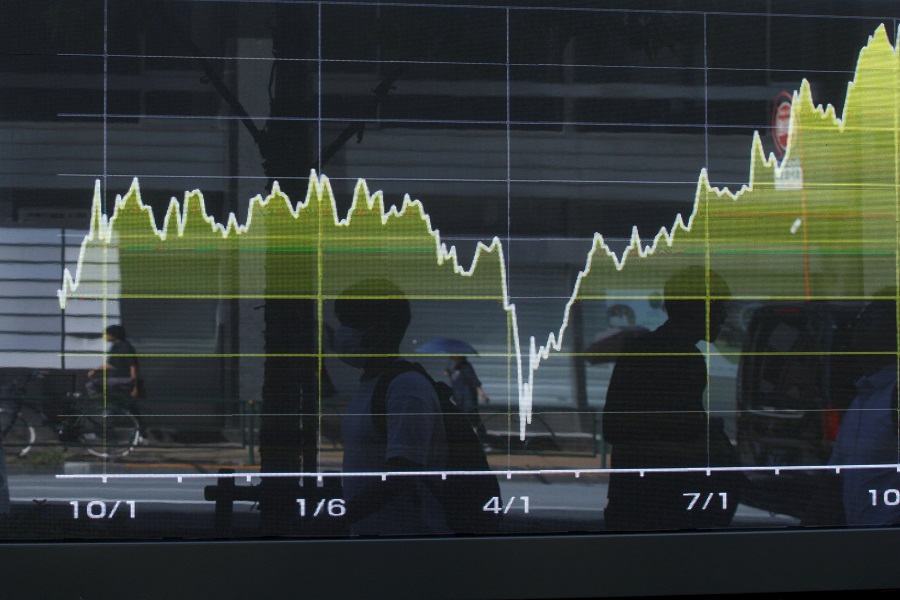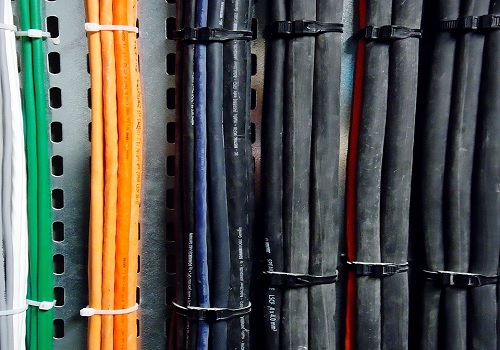Ship Recycling Industry in India is poised for Major Growth in CY25, Eyes 10% CAGR by CY28 : CareEdge Ratings
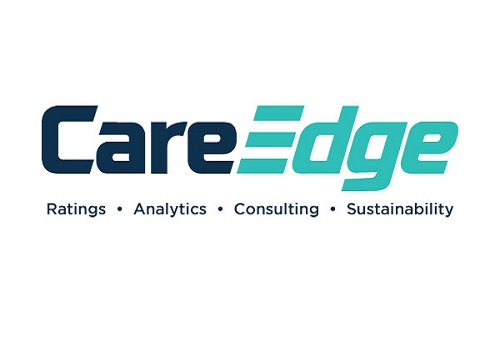
According to CareEdge Ratings, India’s Ship Recycling Industry is poised for major growth in CY25. CareEdge Ratings says that it further expects 10% CAGR growth in the industry by CY28. In India, Alang-Gujarat stands among the largest ship recycling facilities in the world, boasting over 140 recycling yards.
India's ship-recycling industry is a crucial part of the global maritime sector. The top four countries including Bangladesh, India, Pakistan, and Turkey dominate the ship-recycling industry, dismantling over 90% of the global ship recycling volume. India and Bangladesh consistently led the industry, while contributions from other countries were variable and generally lower. India accounts for 33% of the global gross tonnage (GT) dismantled in CY23, second only to Bangladesh, which handled 46%.
Sajni Shah, Assistant Director, CareEdge Ratings said, “The Indian Ship Recycling industry is expected to witness similar recycling level in CY24 with an estimate of 2.3 to 2.6 million GT, thereafter a jump to over 3.8 to 4.2 million GT in CY25. The ship recycling industry in India is expected to grow at compound annual growth rate (CAGR) of ~10% in CY26-CY28. Cooling-off of Baltic Dry Index (BDI), stabilisation of heavy melting scrap prices, and increase in obsolete ships in operations, suggest more ships to enter the recycling market from CY25 onwards. Countries having better infrastructure and green recycling facilities are expected to attract a larger portion of ships in future”.
India's ship-recycling industry is influenced by several factors including global ship recycling trends, balance between addition of shipping capacity and ship-recycling activity, fluctuations in BDI and trends in Bhavnagar heavy melting scrap prices.
The global ship-recycling industry has seen a decline in CY22 and CY23 by 50% in comparison to CY21 in terms of volume dismantled stemming from lower availability of ships for dismantling with higher post pandemic freight prices and prolonged transit periods requiring more shipping capacity. Additionally, the Indian ship recycling sector faced a decline in Bhavnagar's heavy melting scrap prices in FY23 and FY24.
From CY17 to CY23, the ship-recycling industry saw a decline in the number of ships recycled, with significant activity in CY21. The number of ships dismantled in CY22 and CY23 declined to 443 ships and 444 ships, respectively with above 600 ships in previous years. In terms of volume (GT) in CY22 and CY23, globally 7.17 and 7.47 million GT were dismantled as compared to 12 to 23 million GT in preceding five CYs. India’s share in the global recycling industry remained ~27% in the past, before increasing to ~33% in CY22 and CY23, reflecting a rise in its contribution amidst global declines. In terms of volume, in CY22 and CY23, India dismantled 2.26 and 2.47 million GT, respectively.
Decline in global ship-recycling activities combined with stable addition in shipping capacity in recent years highlights growing number of obsolete vessels still in operation. As newer, more efficient vessels are introduced, older ships become increasingly unviable for operation. This trend creates a rising need for ship recycling, as operators seek to retire aging vessels that are no longer economically feasible to maintain. The reason for the increasing proportion of ageing vessels in operational fleet includes post-pandemic higher freight prices (indicated by BDI) and volatility in heavy melting scrap prices with downward trajectory in the past two years. It is expected that vessels nearing the end of their operational lives, will be retired and recycled soon.
Prices for heavy melting scrap in Bhavnagar surged from Rs.28,800 per tonne in August 2020 to a peak of Rs.54,400 per tonne in April 2022, driven by supply chain disruptions and heightened demand for steel amid post-pandemic economic recovery efforts. However, after peaking, scrap prices began to decline, settling at Rs.39,900 per tonne in December 2023. Since January 2023, prices have stabilised between Rs.36,000 per tonne and Rs.44,000 per tonne. This recent stabilisation suggests that the market has adjusted to post-pandemic conditions, providing a more predictable cost structure for industries reliant on scrap metal.
Ship recyclers are supported by favourable financial structure owing to low debt levels in lower ship recycling activities, low fixed overheads and contract-based employees in the operations. Further, Convergence of factors such as stability in freight and steel scrap prices with expected increase in availability of obsolete ships implies ship recycling activity will rise going forward.
Above views are of the author and not of the website kindly read disclaimer


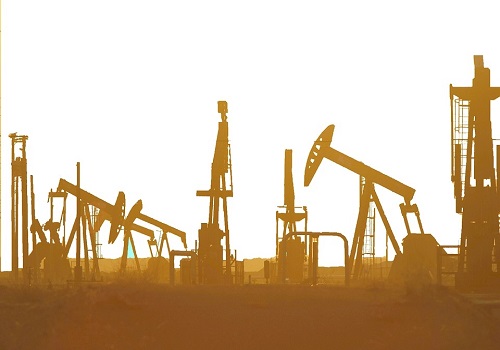
.jpg)

